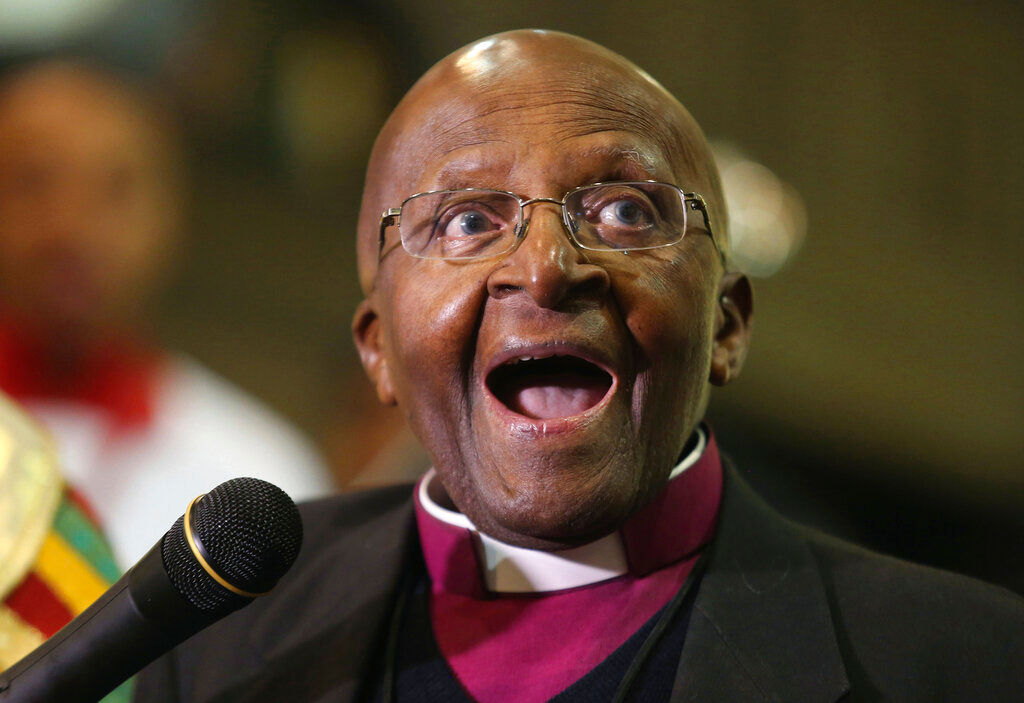The
South African and Indian teams paid tribute to equality activist Desmond Tutu by
observing a minute’s silence ahead of the opening day’s play at the SuperSport
Park, Centurion on Sunday. The Nobel Peace Prize-winning apartheid icon died at
the age of 90 on Sunday,
The Proteas also wore black armbands in
honour of the outspoken clergyman.
Also Read | From priesthood to championing equality: Key moments of Desmond Tutu’s life
“The Proteas cricket team and South Africa
as a nation, mourn world renowned statesman, Archbishop Emeritus Desmond Tutu
who passed away this morning. The teams had a moment of silence ahead of the
start of the first Betway Test match against India. The Proteas are wearing black
armbands in honour of Mr Tutu,” PTI quoted the Indian team’s media wing as
saying.
Indian skipper Virat Kohli won the toss and elected to bat as the visitors eye their first-ever series win in South Africa.
President Cyril Ramaphosa announced that Tutu passed away in Cape Town in the early hours of Sunday. He was the last surviving South African laureate of the Nobel Peace Prize.
Also Read | Who was Desmond Tutu? All you need to know about the activist
“The passing of Archbishop Emeritus Desmond Tutu is another chapter of bereavement in our nation’s farewell to a generation of outstanding South Africans who have bequeathed us a liberated South Africa,” Ramaphosa said as he shared condolence with the family and friends.
“Desmond Tutu was a patriot without equal; a leader of principle and pragmatism who gave meaning to the biblical insight that faith without works is dead.
“A man of extraordinary intellect, integrity and invincibility against the forces of apartheid, he was also tender and vulnerable in his compassion for those who had suffered oppression, injustice and violence under apartheid, and oppressed and downtrodden people around the world,” Ramaphosa said.
Also Read | Ashes: Joe Root breaks this Graeme Smith record during Boxing Day Test
Tutu was diagnosed with prostate cancer in 1997 and was hospitalised several times in recent years to receive treatment. He has previously battled tuberculosis.
The first Black bishop of Johannesburg and later Archibishop of Cape Town led the fight against apartheid and other inequalities in the 1980s.
Along with Nelson Mandela, Tutu was one of the most prominent Blacks to speak out against abuse during the height of the apartheid. He was awarded the Nobel Peace Prize in 1984 for his fight for human rights.
After the end of apartheid in 1994, Tutu celebrated South Africa’s multi-cultural society by calling it a “rainbow nation”, a term that has stuck ever since.







